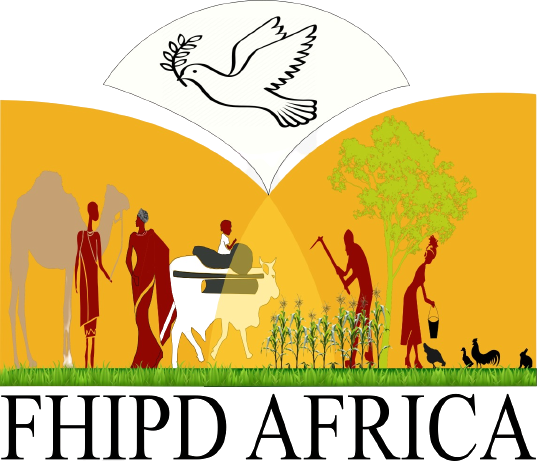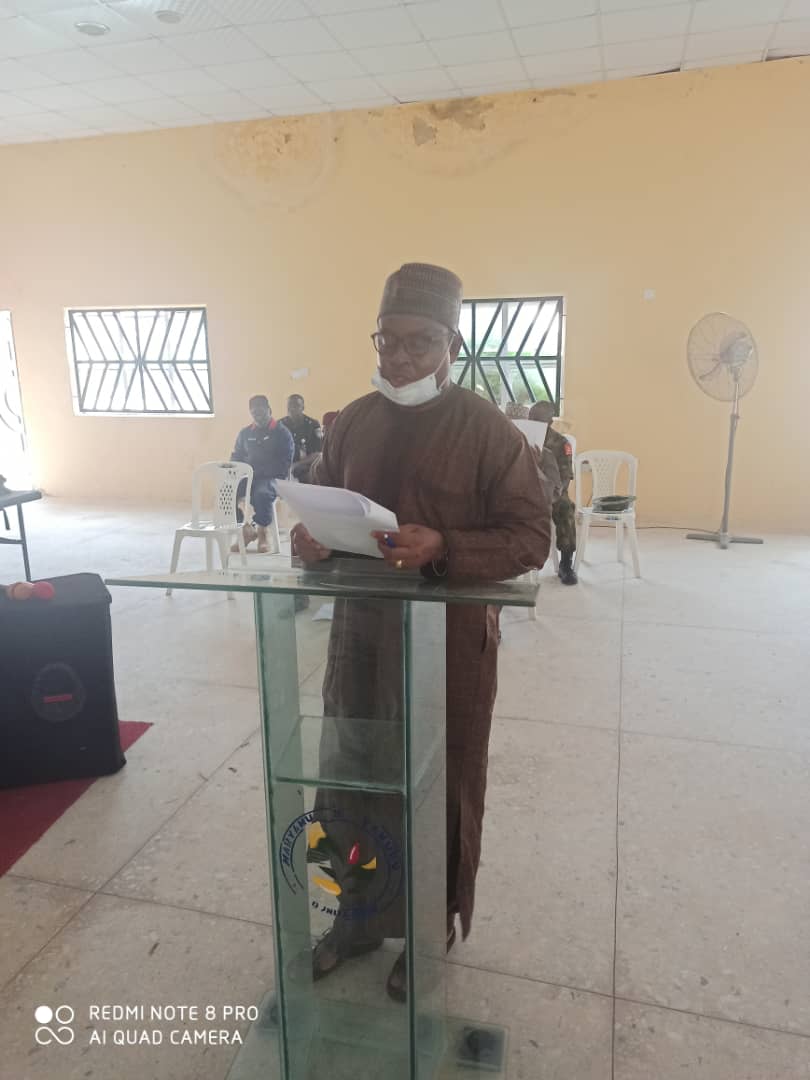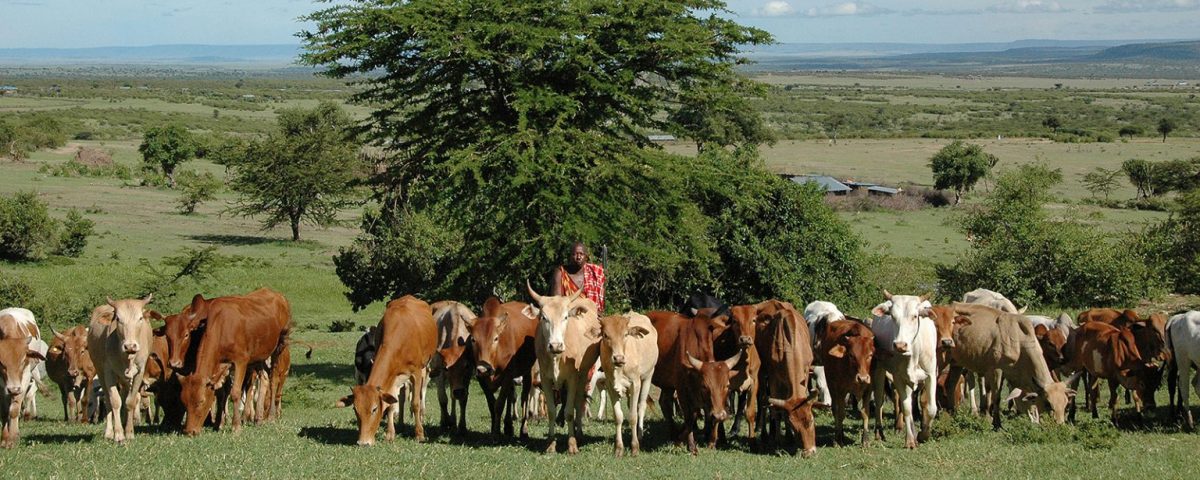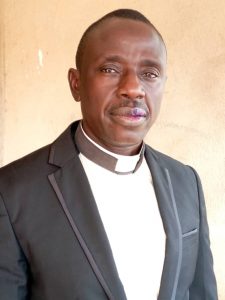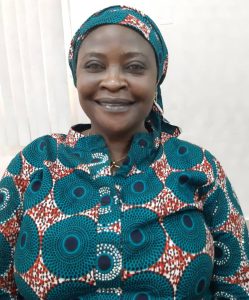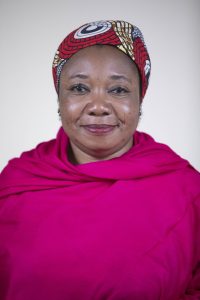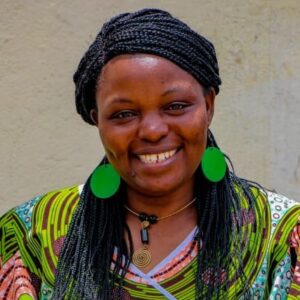By Salihu Musa Umar – Adapted from https://www.accord.org.za/analysis/the-effects-of-covid-19-on-farmers-and-pastoralist-communities/
There is an important need for relevant stakeholders to adopt strategies aimed at reaching out to farming and pastoralist communities, if the fight for the mitigation and possible eradication of the COVID-19 pandemic is to have any meaningful effect.
The emergence and spread of COVID-19 in Nigeria has had a devastating impact on the country’s farming and pastoralist communities. These communities have continued to experience various crises, and COVID-19 only added to their catalogue of woes.
Different approaches are needed to engage with the pastoralists and farming communities, especially in remote areas, otherwise fighting the COVID-19 pandemic will not succeed.
The farmers and herders’ (pastoralists) crisis in Nigeria has been lingering for over two decades, without any respite in sight. Many communities and families have been displaced; people have lost their lives; farms and livestock have been destroyed as a result of the crisis, with devastating effects on livelihoods; and age-long, cherished communal values have been disrupted and have disappeared.
It is in these very unsettling circumstances that COVID-19 emerged, and the government as well as several civil society organisations continue to raise awareness and provide support to affected communities. Unfortunately, the two communities have some basic peculiarities that have made efforts to reach out to them have little impact. The farming communities have some comparative advantage over the pastoralists, since they are sedentary in nature – unlike their pastoralist counterparts who, by nature, move from one point to another in search of greener pastures for their livestock.
Ardo Pate is from the Zango Kataf local government area of Kaduna State, and is the traditional head of the pastoralist community in the area. I asked him about COVID-19 and its effects on the pastoralists, and his rhetoric response was: “Is coronavirus more deadly than the recent killings in our communities, where we lost over 100 persons within a month?” I couldn’t provide an immediate answer, but quickly prompted him further with the reality of the COVID-19 pandemic.
Elias U. Gora is the district head of Gora and is the traditional head of the farming community in the area, and he shares the same sentiments as the head of the pastoralist community. The recent crisis between farmers and herders has left untold hardship on the farming community in Gora. Many people were killed and houses were burnt down completely by the pastoralists, allegedly in a reprisal attack. He is more worried about this recent crisis than the rampaging COVID-19 pandemic.
However, these two scenarios do not in any way invalidate the reality of COVID-19 and its devastating effects on the communities. Women, especially, are at the receiving end, since most of them depend entirely on the few resources they get from hawking milk from the cattle and selling some farm produce at local markets. This vulnerability increases their risk of contracting the virus, which is intensified as no social distancing takes place and very few people are seen wearing face masks. The daily rudiments of washing hands with soap as many times as possible is a luxury that many cannot afford. There are no taps or running water in these communities. The pastoralist communities depend on streams and smaller rivers for their and their animals’ daily water requirements. The farmers are not left out of the water scarcity scourge, but they have an advantage because of some wells dug in their sedentary communities.
Testing for COVID-19 is mainly concentrated in urban areas, which makes it practically impossible for the rural populace to get tested. As such, the pandemic could be spreading without being detected. Primary healthcare (PHC) centres in the villages are ill-equipped to handle these emerging health challenges. It is indeed a pathetic situation – even minor cases of malaria are not handled in the PHC centres. According to Emmanuel Nufin, an attendant at one of these PHC clinics, COVID-19 has exposed our incapacity to handle health-related emergencies as a country and has compounded our woes as health workers in rural communities.
The farmers and pastoralist communities are not immune to the pandemic, but are oblivious of the reality of its devastating consequences. COVID-19 has affected the two communities negatively and had added to their many challenges. Awareness is grossly lacking and the availability of the basic essentials of existence is becoming more of a herculean task, while the virus is spreading with little or no efforts to mitigate it.
Civil society organisations are grounded due to a lack of funding, which would enable them to reach out to communities with a view to supporting and complementing government efforts at sensitisation relating to the COVID-19 pandemic. Although the National Centre for Disease Control in the country provides daily updates on the pandemic, these updates have a limited reach.
The government, especially at the third-tier level, needs to take the peculiarities of the two communities into account so as to reach out to them meaningfully. Different approaches are needed to engage with the pastoralists and farming communities, especially in remote areas, otherwise fighting the COVID-19 pandemic will not succeed.
Salihu Musa Umar (Salim) is the chairperson of the Farmers and Herders Initiative for Peace and Development Africa (FHIPD-AFRICA).
